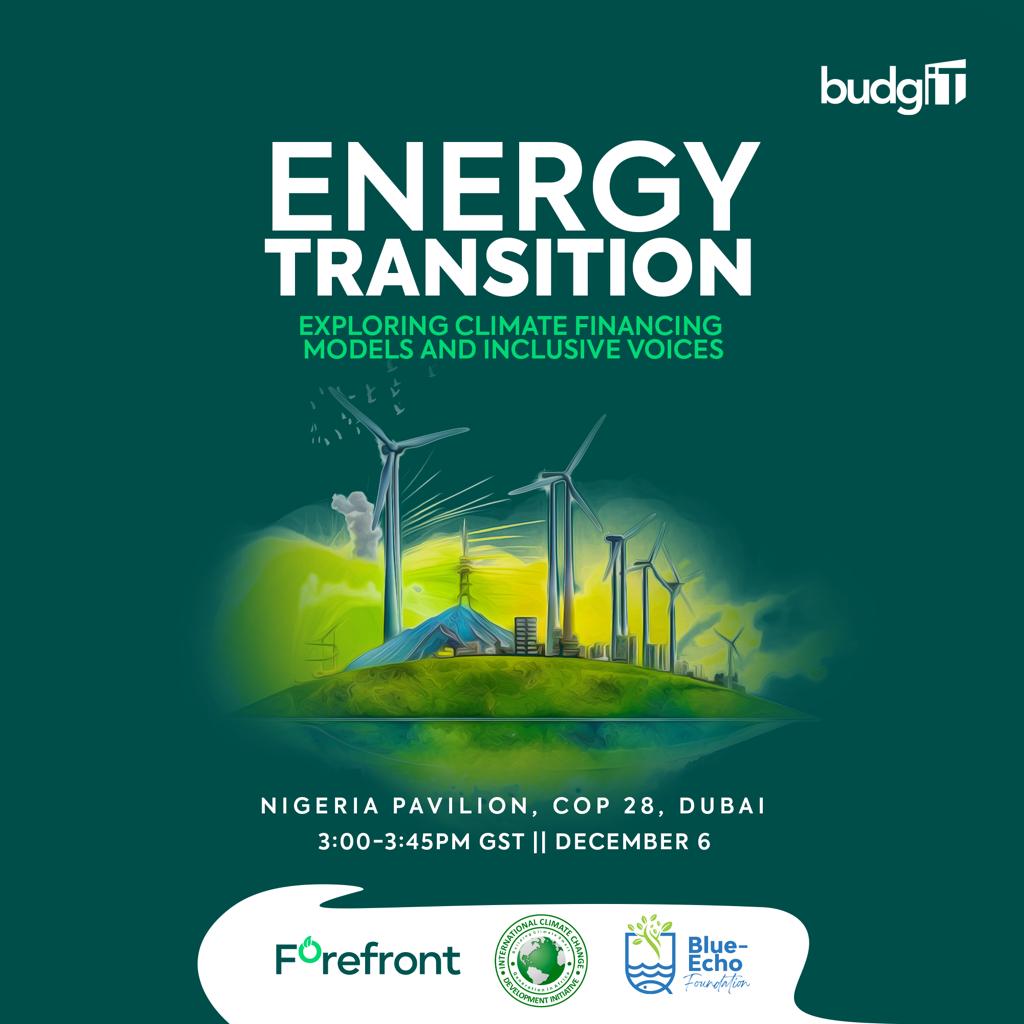Energy transition (ET) is the migration of energy production and consumption from fossil fuels to cleaner energy sources. The call for energy transition is not new. However, the drive to shift to more sustainable energy consumption and usage increased due to the glaring adverse consequences of using dirty fuels. While many arguments have been made about adopting cleaner energy sources and the urgency they should attract, this article focuses on the implications of the impending shift on petro-dependent states, and developing economies like Africa, particularly Nigeria. Nigeria is Africa’s most populous nation and arguably controls the largest economy on the continent based on GDP size.
According to the country’s National Bureau of Statistics, with a median age of 18 years, 50% of Nigeria’s population is very young, while over 60% is within the active and productive age bracket of 15 to 65 years. Such a teeming population requires a thriving economy capable of stimulating and sustaining wealth and jobs, ideally across diverse industries and sectors. In 2022, the Nigerian government launched an Energy Transition Plan (ETP) to underscore its mission to achieve Net Zero emissions by 2060, a commitment made by President Buhari at COP 26 in Glasgow. Nigeria seeks to invest an additional $410bn in funding by 2060 and has defined incremental funding of $10bn per annum to achieve this goal. The total fund required to reach Net Zero emissions by 2060 is $1,9tn. Nigeria needs a more comprehensive energy transition document as accessible documents do not situate the climate risks that Nigeria faces, and different interventions in energy, cooking, healthcare, and so on tend to mitigate the challenges.
